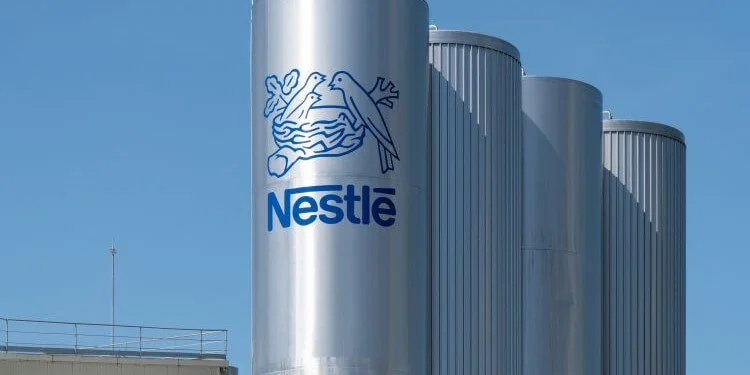On October 8, 2025, Nestlé announced its exit from the Dairy Methane Action Alliance, a global initiative to cut methane emissions from dairy farming.
Launched in 2023, the alliance includes companies like Danone and Starbucks.
Commitment to Emissions Goals
Nestlé reaffirmed its commitment to reducing greenhouse gases, including methane, across its supply chain.
The company remains dedicated to achieving net zero emissions by 2050, despite leaving the Nestlé methane reduction alliance.
Progress in Methane Cuts
By late 2024, Nestlé reduced methane emissions by nearly 21% from 2018 levels, per its non-financial report. Methane, 30 times more potent than carbon dioxide, is a key target for climate efforts.
New Partnership Formed
On October 9, Nestlé partnered with the World Farmers’ Organisation to strengthen food system resilience against climate change.
This move supports broader Nestlé methane reduction and sustainability goals.
Alliance’s Broader Context
The Dairy Methane Action Alliance requires members to measure and report dairy supply chain emissions and plan reductions.
Agriculture accounts for nearly 40% of human-caused methane, largely from livestock.
Reasons for Exit Unclear
Nestlé cited a routine review of external memberships as the reason for leaving. “We reassess partnerships regularly,” the company stated.
However, it provided no specific details for abandoning the Nestlé methane reduction alliance.
Environmental Group Response
The Environmental Defense Fund, which founded the alliance, acknowledged Nestlé’s departure.
“We value Nestlé’s ongoing climate efforts through its Dairy Climate Plan,” said EDF’s Katie Anderson, highlighting continued commitment.
Challenges for Climate Alliances
Nestlé’s exit follows other corporate withdrawals from climate initiatives, amid shifting global policies.
This trend challenges collective efforts to curb warming, impacting Nestlé methane reduction strategies and beyond.
Focus on Sustainability
Nestlé’s independent efforts focus on sustainable supply chains. Its net zero roadmap emphasizes innovation in dairy farming to cut emissions, aligning with global climate goals for 2050.
Future Outlook
The Nestlé methane reduction strategy remains robust despite the alliance exit. By prioritizing resilience and emissions cuts, Nestlé aims to lead in sustainable food production through 2025 and beyond.




















